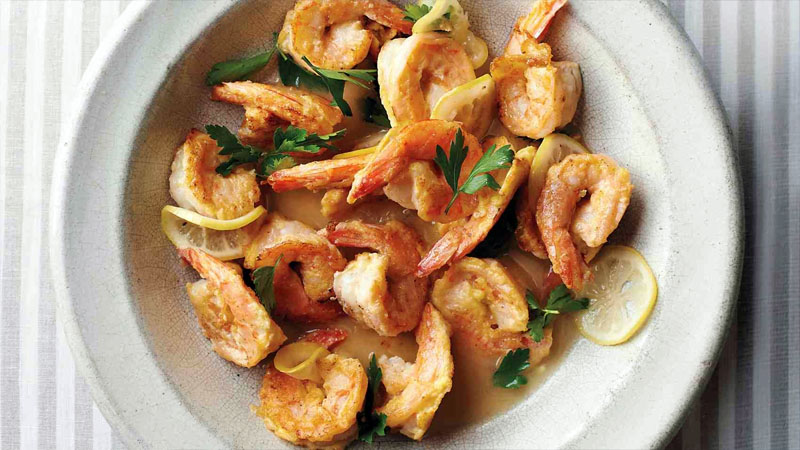Exclusive content

As of this past Saturday, April 20, all France’s seafood products sourced domestically have been consumed. This revelation, as calculated by the Aquaculture Stewardship Council (ASC), signifies a significant shift in the nation’s seafood consumption trends compared to previous years.
Dependence on Imports: A Growing Concern
France now relies on imports to meet its seafood demands for the rest of the year, a situation occurring 12 days earlier than just two years ago. The data, confirmed by France Agrimer and ASC France, underscores the pressing need to reevaluate the sustainability of fishing and aquaculture practices within the country.
This reality prompts a reevaluation of the sustainability of fishing and aquaculture practices in France. The significance of certifications, such as those provided by the ASC, cannot be overstated. These labels guarantee adherence to environmentally and socially responsible practices, ensuring the well-being of aquatic ecosystems and communities involved in seafood production.
Limited ASC Certifications in France
Currently, only four aquaculture farms in France hold ASC certification, predominantly oyster producers. This scarcity highlights the need for widespread adoption of sustainable practices within the industry. Moreover, the majority of seafood consumed in France, including popular items like shrimp and salmon, is imported, raising concerns regarding both traceability and sustainability.
With an average consumption of 33.5 kg of fish and shellfish per person annually, France ranks fifth in the European Union. However, the reliance on imported seafood, such as shrimp, salmon, and tuna, poses economic risks to local fishing communities. Imports totaling 182,000, 140,000, and 114,000 tonnes respectively for these products, endanger the livelihoods of communities dependent on fishing.